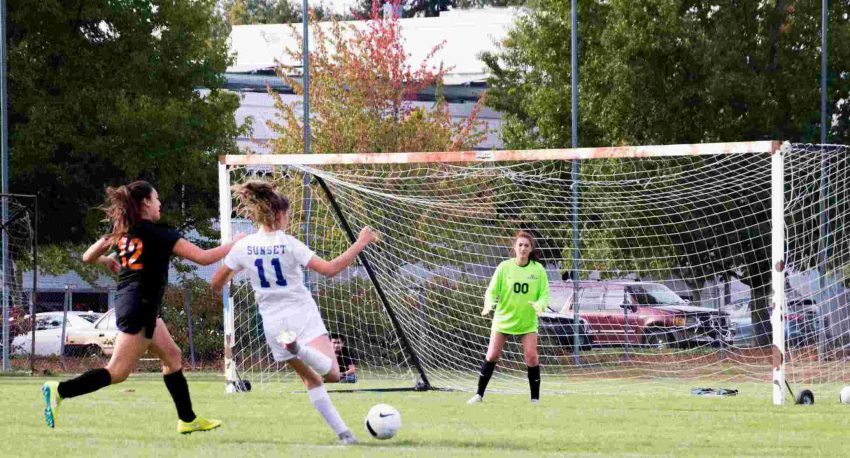The English Lionesses have successfully defended their title as European champions.
It’s incredible to witness how far women’s football has come in just a few short years—once viewed as a curious sideshow that, at best, brought a smile to the faces of die-hard football fans. The journey it’s made in that brief time is truly remarkable.
This year’s EURO in Switzerland shattered previous attendance records, with nearly 750,000 spectators filling stadiums. In the UK alone, 12.4 million viewers watched the final—22% of the entire population. In Spain, the final captured over 45% audience share, meaning nearly half of all viewers were tuned into that match. These numbers are staggering.
But it’s not just about viewership. Women’s football now inspires thousands of girls to lace up their boots and chase their dreams. New teams, academies, and community programmes are springing up across Europe. Names like Aitana Bonmatí, Chloe Kelly, Lucy Bronze, Cristiana Girelli, and Alessia Russo are becoming household names—sporting icons, just like their male counterparts once were.
In these players, I see the same trailblazers and heroines as Billie Jean King in 1970s tennis. Just like her, they’re proving that sport can be a powerful force for social change—not just on the pitch, but in society, in the media, and in the hearts of fans.


